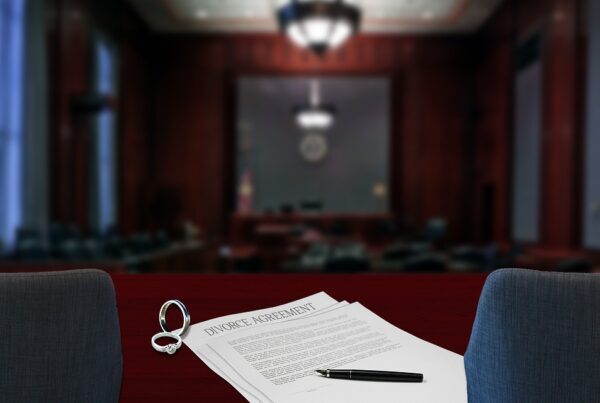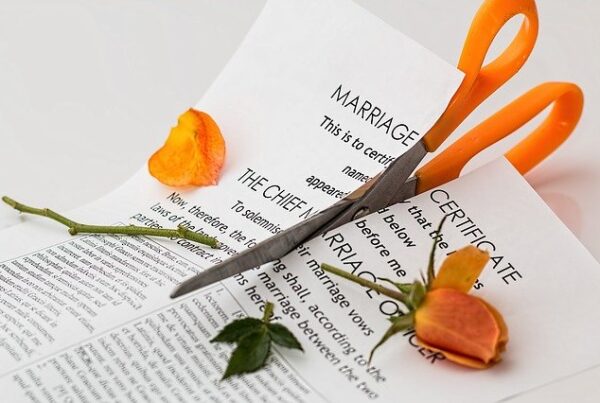
Clients often ask me whether their wife or husband has to agree to the divorce, or what happens if they refuse to sign the divorce papers.
These questions are based on a misconception about Canadian divorce law, which they have probably picked up from American television shows and movies. I can’t comment on other jurisdictions, but in Canada your soon to be ex-wife or husband does not need to sign any papers or agree to anything in order for you to get divorced. At least, for the most part. As with everything in life, there are exceptions.
In the case of a simple uncontested divorce, your ex-spouse does not have to agree to the divorce and does not have to sign anything. Your divorce petition would be served on them, usually by a process server and then they would have a certain number of days from that point to object by filing a responding legal document called an Answer. If they fail to file an Answer within the required timeline, then the Petitioner (the person seeking the divorce) can simply note default and schedule the matter for a final hearing without any further notice to their ex-spouse. In this case, the ex-spouse’s inaction and failure to file an Answer constitutes consent to the divorce, in a manner of speaking. In other words, they do not have to actively consent, merely ignore things or at least not object to the proceedings and let the process unfold.
In most cases, when the only relief being sought is a divorce (and no one is asking for custody or support) there is no legal defence to the divorce and so no one objects, allowing matters to proceed on an uncontested basis.
However if there are other claims besides a divorce, the other party may object and file an Answer. In this case, the situation becomes more complicated. If the ex-spouses eventually resolve their differences, they can enter into a Consent Final Order, which will be signed by a judge as part of the final divorce settlement. In this case, both parties would have to sign the order (either personally, if self represented or through their lawyer) in order to let the divorce proceed, so there are some cases where consent is required.
Also, there is often confusion as to whether the person being served with the divorce papers needs to sign anything. In Manitoba, the back of a divorce Petition has a page entitled Acknowledgement of Service, which has a spot for the person served with the documents to print and sign their name, admitting that they received the document. If they sign, this page is then given back to the process server and used to prove that they were properly served with the divorce documents. However, there is no obligation to sign the Acknowledgement of Service and a person is served the moment they personally receive the divorce papers, regardless of whether they sign anything.
In summary, your ex-spouse usually does not need to agree to a divorce and does not need to sign anything. The only exception is when you and your ex-spouse have negotiated a settlement.







